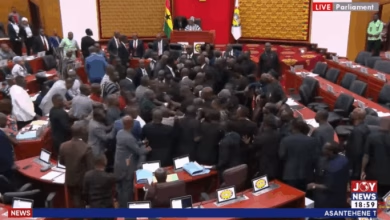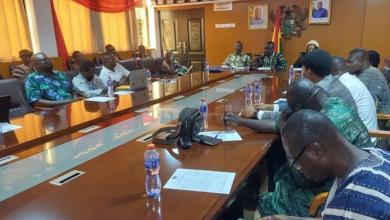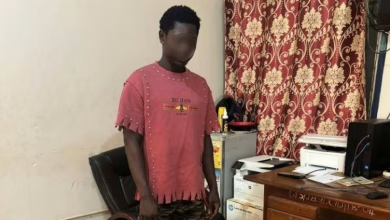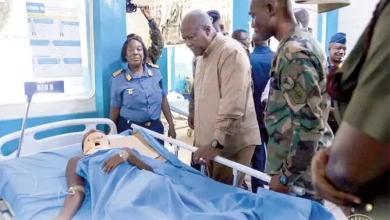17 Assemblies Receive GH¢8m Funding for Drainage Improvement

A total of 17 Metropolitan and Municipal Assemblies (MMAs) in the Greater Accra Region have received a significant funding injection to improve drainage infrastructure, as part of the Greater Accra Resilient and Integrated Development (GARID) Project.
The beneficiary assemblies have been awarded a combined total of over GHS 8 million, following the disbursement of GHS 10.9 million in 2022 and 2023 for the same purpose. The grants are intended to enhance the operation and maintenance of drainage and solid waste management in communities along the Odaw River channel.
According to Dr. Ohene Sarfoh, GARID Project Coordinator, the assemblies received grants ranging from GHS 5.6 million to GHS 7.2 million, based on their performance in utilizing the 2023 grant. “The grant is part of the result-based financing mechanisms the GARID Project has put in place to improve drainage maintenance and solid waste management among the project implementing MMAs,” Dr. Sarfoh explained.
A total of $3,250,000 has been earmarked for disbursement to the 17 project beneficiary assemblies over a five-year period. Dr. Sarfoh noted that a significant proportion of the grant for previous years was used by the assemblies for desilting priority drains, which contributed to a reduction in flooding incidents in various localities of the city.
The GARID project, implemented by the government of Ghana with credit facility from the World Bank, aims to improve drainage, solid waste management, and infrastructure in priority flood-prone informal settlements within the Odaw River Basin. The project beneficiary assemblies include the Accra Metropolitan Assembly, as well as several other municipal assemblies in the region.
Dr. Sarfoh urged the assemblies to make good use of the grant to curb flooding incidents in Accra. “Part of the grant was also channeled into institutional development, including the development of drainage network maps, condition assessments of the drains in flooding hotspots, procurement of logistics, and training for staff of the beneficiary assemblies,” he added.






